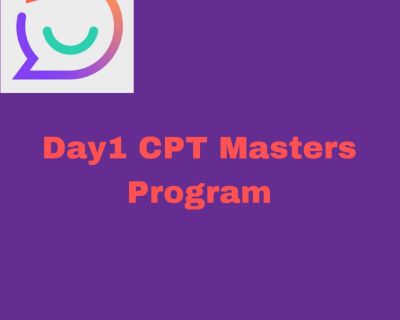IELTS vs TOEFL: What’s the Difference? Which Should You Use?
Introduction
In today’s globalized world, English proficiency tests have become a gateway for non-native speakers to access international education and employment opportunities. Among the plethora of options, the IELTS (International English Language Testing System) and TOEFL (Test of English as a Foreign Language) stand out as the leading English language proficiency exams. Understanding the distinctions between these two can be pivotal in deciding which test aligns best with your goals.
Understanding IELTS and TOEFL
What is the IELTS?
The IELTS, or International English Language Testing System, is revered worldwide, particularly by institutions in the UK, Australia, and Canada. Designed to evaluate the language proficiency of individuals who wish to study or work where English is the primary language of communication, the IELTS measures abilities across four sections:
- Listening: Tests comprehension skills through varied audio materials.
- Reading: Evaluates understanding of text passages.
- Writing: Includes two tasks requiring structured responses.
- Speaking: Conducted via an in-person interview with an examiner.
The scoring ranges from 0 to 9 bands, with each section contributing to the overall band score. A score of 6.5 or above is often required by universities and employers.
What is the TOEFL?
The TOEFL, or Test of English as a Foreign Language, is favored by universities in the United States and measures English proficiency over four distinct segments:
- Reading: Comprised of three to four passages with questions.
- Listening: Features campus-related conversations and lectures.
- Speaking: Involves six tasks including expressing opinions on familiar topics.
- Writing: Includes an integrated task and an independent task.
The TOEFL scoring system is numerical, ranging from 0 to 120, with each section weighed equally. A typical score for competitive programs ranges from 90 to 100.
Key Differences Between IELTS and TOEFL
Test Format
-
IELTS: Offers both paper-based and computer-based options. It uses a mix of different question types, such as multiple choice, matching, and sentence completion.
-
TOEFL: Primarily internet-based (iBT) with questions mostly in multiple-choice format. It requires usage of a computer for answering.
Speaking Section
-
IELTS: Conducted as an in-person interview, providing a more interactive experience.
-
TOEFL: Utilizes recorded responses submitted through a microphone, which might suit those more comfortable with technology.
Writing Tasks
-
IELTS: Features two tasks – Task 1 (Report) and Task 2 (Essay), typically requiring formal and semi-formal writing skills.
-
TOEFL: Includes an Integrated task, combining reading and listening, and an Independent task, allowing for personal opinion expression.
Scoring System
-
IELTS: Uses a band system from 0 to 9, with scores reflecting overall language ability.
-
TOEFL: A numerical score out of 120, with sectional scores adding up to the final score.
Practical Considerations
Regional Availability and Popularity
-
IELTS is prevalent in the UK, Australia, and Canada while TOEFL holds strong ground in the United States.
-
It’s essential to consider which test is preferred by the universities or employers you are targeting.
Test Duration and Scheduling
- IELTS: Lasts around 2 hours and 45 minutes.
- TOEFL: Approximately 4 hours long.
Both exams offer frequent test dates, but availability may vary by location, so plan accordingly.
Cost Implications
- Both tests are priced similarly, usually ranging from $150 to $250 depending on the country.
- Factor in costs for retakes and additional score reporting.
Choosing the Right Test for You
Academic and Professional Goals
- If you’re targeting North American universities, TOEFL might be more suitable, whereas IELTS is more aligned for other regions.
Personal Strengths and Learning Styles
- Consider whether you excel in face-to-face communication or are more comfortable with digital interaction when deciding between IELTS and TOEFL.
Institution and Immigration Requirements
- Check specific requirements, as some immigration bodies have preferences for one test over the other.
Tips for Preparing for IELTS and TOEFL
General Preparation Strategies
- Develop a study plan with regular practice time.
- Utilize official preparation materials and practice tests to familiarize yourself with the exam formats.
Specific Tips for IELTS
- Practice speaking fluently and confidently for the speaking interview.
- Focus on time management across reading and listening sections.
Specific Tips for TOEFL
- Polish your typing speed for the web-based format.
- Engage in listening exercises using diverse accents to tackle listening comprehension questions effectively.
Conclusion
Both the IELTS and TOEFL offer distinct advantages and cater to different needs and preferences. Choosing the right test is contingent upon understanding personal goals and the specific requirements of your target institutions. Make an informed decision that best aligns with your academic and professional aspirations.
Additional Resources
Call to Action
We invite you to engage with our blog community and share your test experiences with us. For personalized guidance or support in planning your exam preparation, feel free to contact us. Good luck on your journey to English proficiency!
This article aims to provide extensive insights into the nuances of IELTS and TOEFL, helping readers make informed decisions for their future endeavors.








